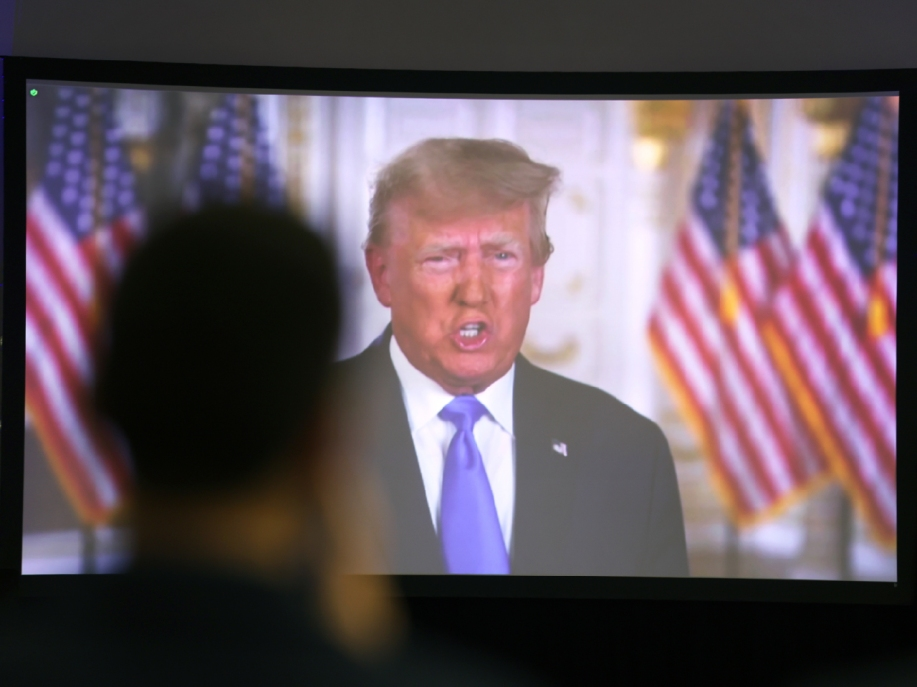Commentary May 18, 2023
Some Evangelical Voters Aren’t Sold On Trump. Will That Help DeSantis?

FiveThirtyEight
The issue of abortion could be one of former President Donald Trump’s biggest weaknesses in the Republican primary — and Ron DeSantis is trying to take advantage of it. “He won’t answer whether he would sign it or not,” the governor of Florida said on Tuesday, referring to a ban on abortion after six weeks of pregnancy. As recently as last week, Trump was noncommittal about what kind of abortion restrictions he would support, and claimed in an interview on Monday that “many people in the pro-life movement” think a six-week ban — which DeSantis himself signed in April — is “too harsh.”
In the months since the 2022 midterm elections, where Republicans generally underperformed, Trump has been clear that he thinks the GOP’s hardline stance on abortion bans is responsible. But that’s putting him in a tricky position with white evangelical Protestants — a cornerstone of the Republican base that was central to his election in 2016 — and potentially opening up an opportunity for another GOP candidate to siphon religious conservative votes away from Trump. After Trump’s comments about the six-week ban, an influential anti-abortion activist said on Twitter that he was “abandoning pro-life voters.” In response, Iowa evangelical leader Bob Vander Plaats tweeted that the Iowa caucuses were “wide open.”
Recent polling underscores that Trump may have to work to regain some evangelicals’ support, although he may already be making inroads.







